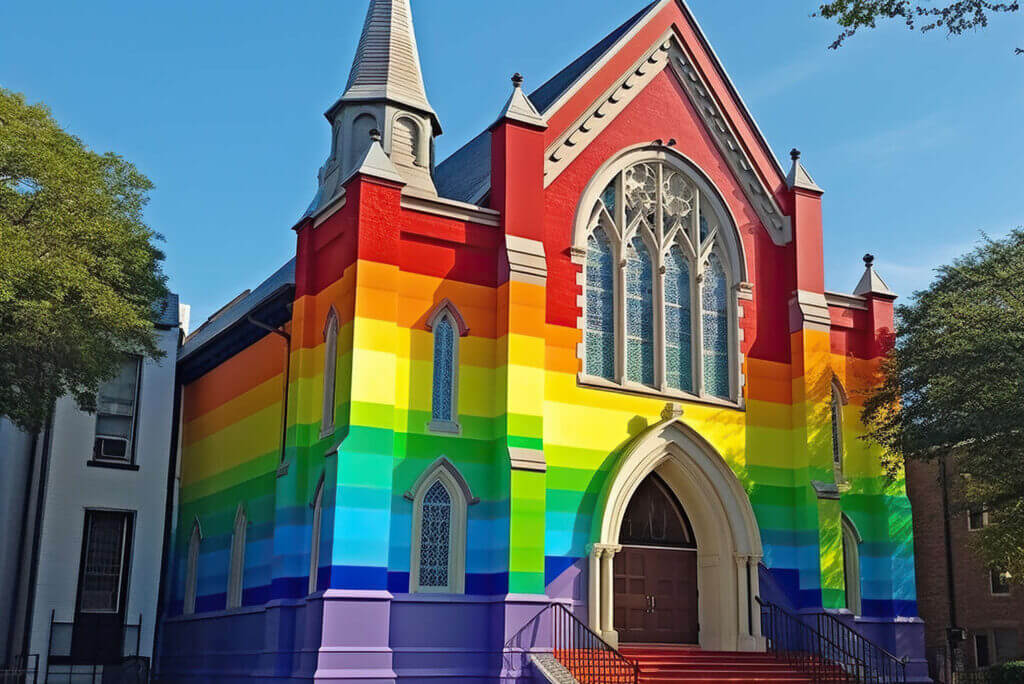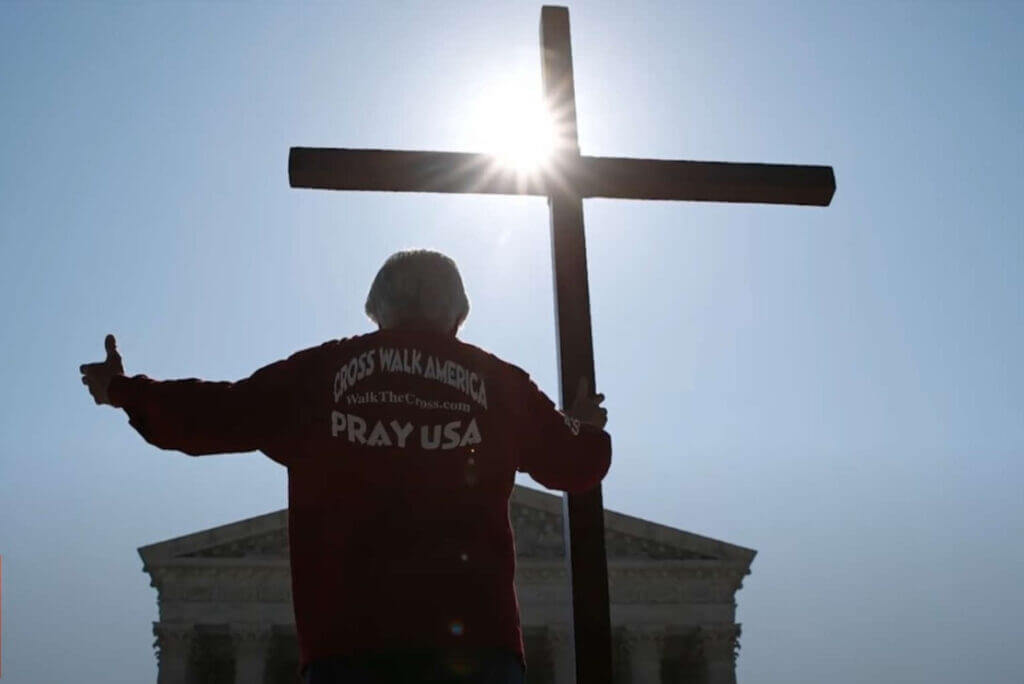Alliance Defending Freedom (ADF) attorneys submitted a friend-of-the-court brief Friday to the Colorado Supreme Court in defense of governor-issued prayer proclamations. ADF represents numerous state-elected officials and the National Day of Prayer task force in defense of the historic proclamations, which an atheist group is attacking in court.
“The governor should be as free to issue prayer proclamations as the Founders of America and Colorado were,” says ADF senior counsel Joel Oster. “State and federal courts all over the country have repeatedly upheld and recognized such proclamations as a deeply rooted part of American tradition and history.”
The Freedom From Religion Foundation (FFRF) filed suit in 2010 to challenge the constitutionality of the prayer proclamations, which Colorado’s governors routinely issue on the National Day of Prayer each year. After a lower court ruled against FFRF, it appealed to the Colorado Court of Appeals, which reversed the ruling. The Colorado attorney general then appealed to the Colorado Supreme Court.
The brief ADF attorneys submitted in Hickenlooper v. Freedom From Religion Foundation argues that the Colorado Supreme Court should look to the appropriate U.S. Supreme Court precedent, Marsh v. Chambers, which upheld the constitutionality of legislative prayer practices.
As the brief explains, the U.S. Supreme Court “reasoned that the long and unbroken history of legislative prayer in both the states and Congress dating back to the Founders indicated that the Founders would not have seen this as a violation of the Establishment Clause. The historical evidence showed ‘not only … what the draftsmen intended the Establishment Clause to mean, but also … how they thought that Clause applied to the practice authorized by the First Congress—their actions reveal their intent.’”
Although the lawsuit challenges the proclamations under the Preference Clause of the Colorado Constitution, Colorado courts interpret that clause “by looking at the Establishment Clause of the United States Constitution and the body of federal law that has construed it,” as a 1986 Colorado Supreme Court ruling explains.
“As U.S. Supreme Court Justice Sandra Day O’Connor once observed, government acknowledgments of religion that date back to the adoption of the First Amendment’s Establishment Clause cannot be said to violate it,” says ADF senior counsel Kevin Theriot. “We trust the Colorado Supreme Court will recognize the enormous weight of history and legal precedent on this subject and will uphold the governor’s freedom to issue prayer proclamations just as Colorado’s governors and officials have done since territorial days.”
See an error in this article?
To contact us or to submit an article






















